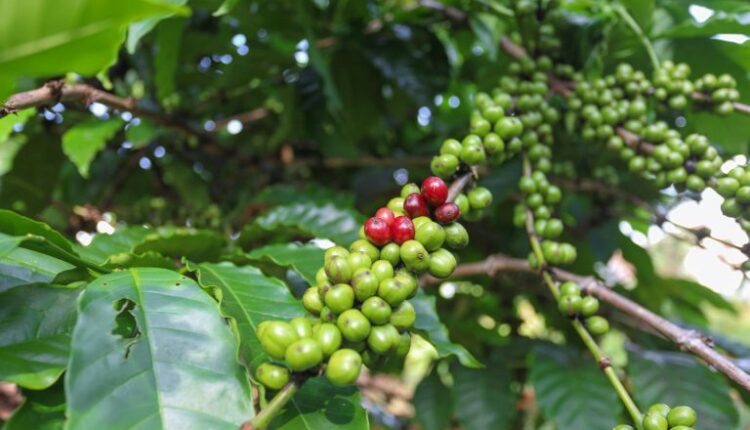Vietnamese Coffee Sector Braces For EUDR – CoffeeTalk
Experts have warned that Vietnam’s coffee sector, which heavily relies on the European market, could face significant export challenges as the European Union’s Anti-Deforestation Regulation (EUDR) takes effect in late 2025. The EUDR mandates that agricultural products like coffee imported into the EU must not contribute to deforestation or forest degradation after December 31, 2020, comply with local laws, and be traceable to individual plots. However, most coffee growers currently face significant challenges in meeting these strict requirements. A 2025 survey by Forest Trends and Tavina of 95 households in key provinces revealed that over half do not keep harvest records. With average landholdings of 1.9-2.3ha split across multiple small plots, tracing origins is complex.
A major hurdle is land use legality, as many households, especially ethnic minorities, lack official land use certificates despite cultivating the land for generations. While 96% of plots were farmed before 2020, qualifying under EUDR’s deforestation criteria, the absence of legal documentation prevents these lands from being included in compliance dossiers. Without specific support mechanisms for traceability at the farm level, many coffee producers risk failing to meet EUDR requirements and being excluded from the EU export supply chain.
The survey found that only around 10% of households engage in sustainable coffee programmes connected to businesses. This underscores the crucial role of buyers, processors, and exporters as partners who invest in and support farmers’ traceability and legal compliance efforts. The Ministry of Agriculture and Environment has worked closely with the EU, industry associations, and international organizations like IDH and Forest Trends to guide stakeholders. Several companies, including Cienco, Vĩnh Hiêp, and Intimex, have proactively developed traceability systems that collect data from farming households.
To sustain its competitive edge and ensure long-term access to the EU market, further improvements are needed in data systems, forest land boundary mapping, unified traceability platforms, and enhanced coordination among all parties involved. Experts recommend developing simple, accessible tools for farmers like crop record books, pre-printed sales forms, and user-friendly mobile apps to address traceability challenges. They also urge local authorities to establish mechanisms confirming the legality of households cultivating land without land use certificates, ensuring stable production and preventing supply chain disruptions.
Read More @ Vietnam News
Source: Coffee Talk



